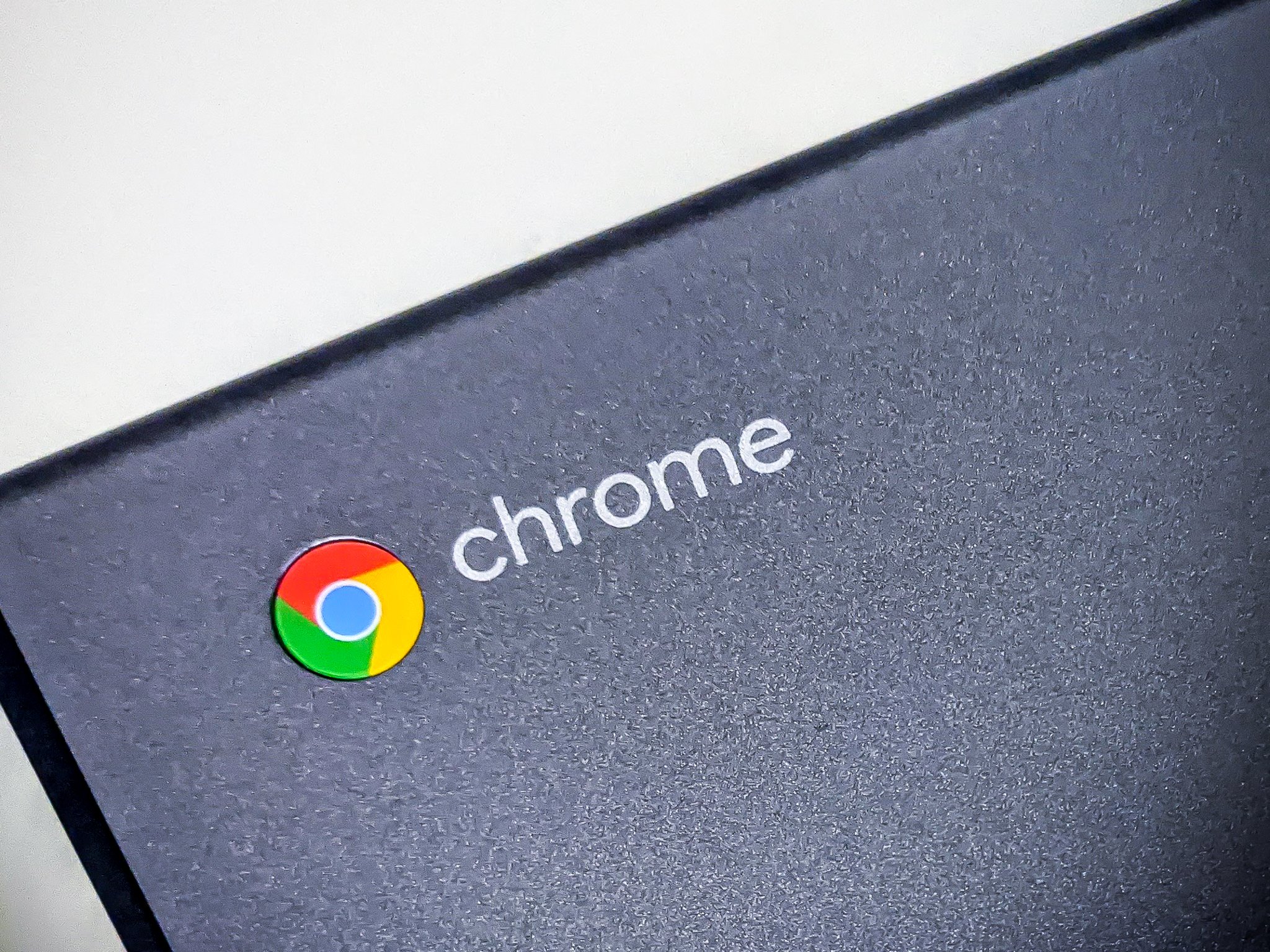Google's replacement for third-party cookies on Chrome is being blocked by other platforms

What you need to know
- Third-party web browsers are speaking out against Google's FLoC technology.
- The Chromium-based browsers and search engines dispute Google's claim that FLoC protects user privacy.
- FLoC is currently being tested in the Chromium browser engine.
Google has been touting its new FLoC technology for some time, explaining how it can help preserve user privacy while giving advertisers similar results to third-party cookies. The technology, which is meant to eventually replace third-party cookies, is currently being tested in Google Chrome, but not everyone is happy about it. Advertisers initially pushed back on the technology, but now some of the best Chrome desktop alternatives that are speaking out against it.
In a series of statements, Brave, Vivaldi, and DuckDuckGo are all voicing their concerns over Google's FLoC technology, which groups users into "cohorts" based on similar browsing histories so that third-party advertisers can target groups instead of individuals. The idea is that the approach is less invasive and more anonymous than third-party cookies thanks to local data processing, as explained by our Jerry Hildenbrand. Unfortunately, not everyone agrees that it's the best approach.
The DuckDuckGo search engine was the first to speak out last week, highlighting how Google automatically enabled it for millions of users without first offering a choice:
If you're a Google Chrome user, you might be surprised to learn that you could have been entered automatically into Google's new tracking method called Federated Learning of Cohorts (FLoC). It groups you based on your interests and demographics, derived from your browsing history, to enable creepy advertising and other content targeting without third-party cookies....If you're reading this in Chrome while logged in to a Google account, yes, that likely means you too, and if not now, then eventually.
Brave has called out Google's claims for FLoC as "misleading," since the problem with third-party cookies tracking users on the best Android phones mainly applies to Chrome:
Many browsers don't send third-party cookies at all; Brave hasn't ever. Saying a new Chrome feature is privacy-improving only when compared to status-quo Chrome (the most privacy-harming popular browser on the market), is misleading, self-serving, and a further reason for users to run away from Chrome.
Vivaldi highlights the large-scale problems with FLoC and how it can affect user-privacy in certain societies:
FLoC does have very serious implications for people who live in an environment where aspects of their personality are persecuted — be it sexuality, political viewpoint, or religion. All can become a part of your FLoC ID. A dictatorship may be able to work out that dissenters often seem to have one of the same five FLoC IDs. Now anyone who visits a nationally controlled website with that ID could be at risk. A country that outlaws certain religions or sexualities could do the same.
All three platforms have blocked Google's FLoC technology, meaning anyone who uses them does not have to manually opt-out. If you do use Chrome and wish to disable FLoC, you have to go into your Privacy and Security settings and choose "Block third-party cookies." You can also make sure to make your Chrome searches invisible with Incognito mode, and while that alone won't stop ads from targeting you, enabling extensions like DuckDuckGo will.
Nonetheless, this is an unfortunate setback for Google's Privacy Sandbox, which is already getting some heat in an ongoing lawsuit against Google's monopoly over ads on its platforms. Google will have to do more convincing if it hopes to make this new technology a standard or go back to the drawing board and figure out a new way to collect our data.
Get the latest news from Android Central, your trusted companion in the world of Android

Derrek is the managing editor of Android Central, helping to guide the site's editorial content and direction to reach and resonate with readers, old and new, who are just as passionate about tech as we are. He's been obsessed with mobile technology since he was 12, when he discovered the Nokia N90, and his love of flip phones and new form factors continues to this day. As a fitness enthusiast, he has always been curious about the intersection of tech and fitness. When he's not working, he's probably working out.
